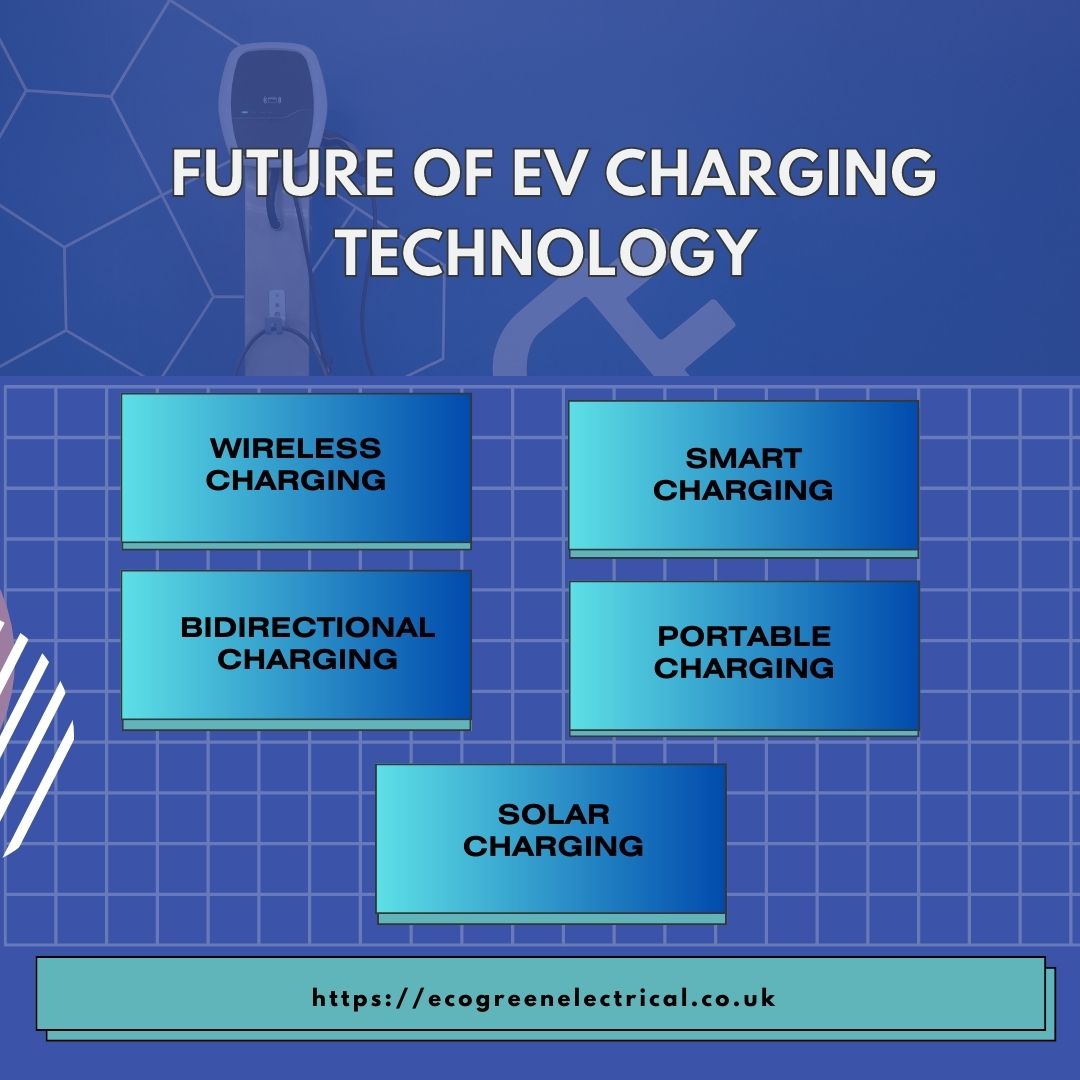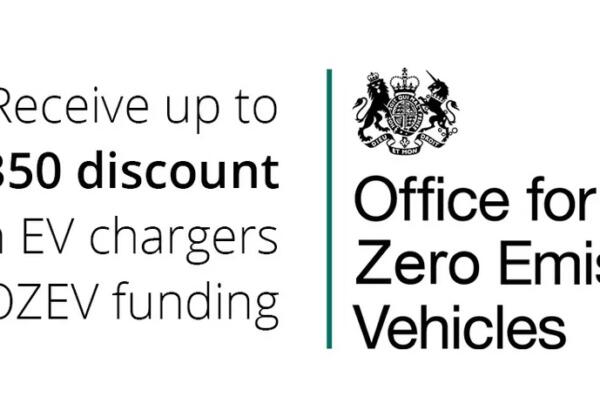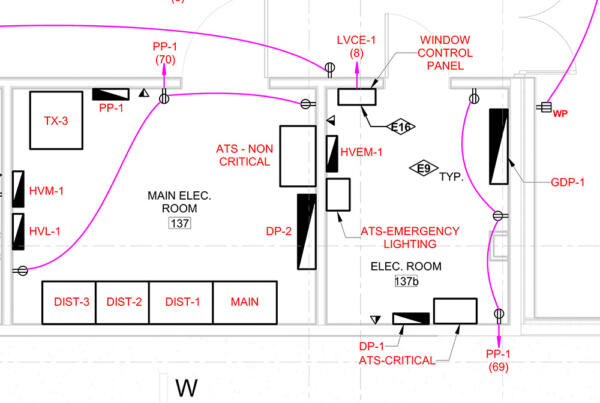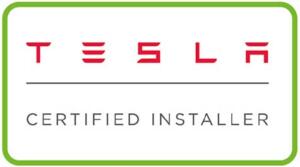The Future of EV Charging Technology
The adoption of electric vehicles (EVs) is accelerating rapidly, with over half a million battery electric cars now on UK roads. As EV ownership rises, the charging infrastructure must expand and improve to meet demand.
Exciting innovations in EV charging technology are paving the way for more convenient, efficient, and smart charging solutions. In this article, we will have a look at exciting developments to make EV charging as accessible and hassle-free as refueling at a gas station.
-
Wireless Charging
One significant advancement is wireless charging, which allows EVs to charge simply by parking over a ground pad, no cables required. Cutting the cord offers greater convenience and aesthetic appeal.
Wireless chargers are often installed in parking spots, allowing vehicles to effortlessly top up while the driver is at work or running errands.
As the technology improves, wireless charging promises to become widespread in public parking facilities, taxi ranks, fleet depots and home garages.
-
Smart Charging
Smart charging systems are an exciting innovation that can optimise charging speed, cost and grid integration. With smart charging, the vehicle communicates with the charger and electricity network. The system draws power at the optimal rate depending on driver needs, electricity prices and grid capacity.
Smart charging allows flexible charging when electricity rates are low, saving the driver money. The chargers can also modulate power output to avoid stressing the grid during peak demand. This balancing act will be essential as EVs become more prevalent.
-
Bidirectional Charging:
Electric vehicles have only consumed energy from the grid, but bidirectional charging technology is changing the game. This innovation aids electric vehicles to gain energy from the grid and supply excess energy.
Moreover, it offers benefits like using EV batteries as backup power during blackouts and selling energy during peak demand.
-
Portable Charging:
Portable charging technology offers an easy solution. It overcomes the reliance on fixed charging stations. One can easily carry these lightweight devices in a car’s trunk and plug them into a regular electrical outlet to provide a backup charging option.
-
Solar Charging:
Solar charging is a combination of electric vehicle charging with renewable energy generation. Electric vehicle owners can easily generate electricity and lessen their carbon footprint by integrating solar panels onto charging stations or homes. As solar panel costs continue to decrease, this technology could play a significant role in transitioning to sustainable transportation.
The Road Ahead
Innovation in EV charging is accelerating to keep pace with the rapid growth in electric vehicle adoption. Seamless, smart and speedy charging solutions will be essential as our transport networks evolve. Key trends like wireless charging, smart charging ecosystems and bi-directional charging are critical developments that companies like ours are actively pushing forward.
Of course, these technologies are supplemented by continued growth in the UK’s network of plug-in chargers located at homes, workplaces, shopping outlets and service stations
Supporting Green Goals
The UK has mandated net zero emissions by 2050. Widespread electrification of transport through EVs, underpinned by ample charging facilities, is critical for achieving this. Ever-cleaner power generation will reduce carbon emissions from EVs further. Many experts consider EVs adopting solar charging capabilities too. This will allow true zero-emission operation.
For the UK’s EV revolution to fulfill its potential, charging infrastructure must keep up with rising numbers of EVs. Exciting innovations in charging technology will make powering electric transport faster, smarter and more convenient than ever.











